Solar FAQs for UK Homes: Everything you need to know before installing
THINKING ABOUT SOLAR PANELS? HERE'S WHAT YOU NEED TO KNOW
With rising bills and more people turning to renewable energy, solar has become one of the UK’s most popular home upgrades.
But if you’re considering it, you probably have lots of questions.
- How much does it cost?
- How long does it take to install?
- Do I need planning permission?
In this guide, we’ve answered the most common questions homeowners ask so you can make the right decision for your property.
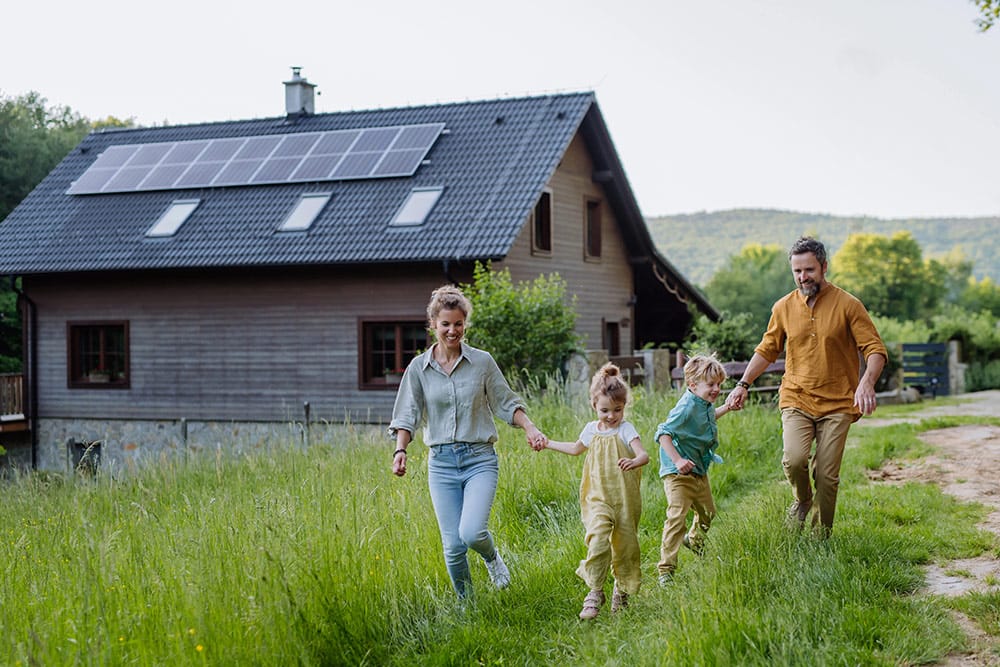
HOW MUCH DO SOLAR PANELS COST?
Understanding the cost of solar is one of the first steps. A typical 4–6kW system costs between £5,000 and £9,000, and adding a battery can bring the total to £8,000–£14,000+.
A proper quote should clearly outline all charges so there are no surprises. This usually includes:
- Panels and inverter
- Mounting system and scaffolding
- Labour and electrical works
Clear pricing means you know exactly what you’re paying for and how it fits your budget.
SOLAR SYSTEM SIZE & COST
£ 5,000-£9,000
Average UK Prices
HOW MUCH CAN I SAVE EACH YEAR?
The biggest question most people ask is how much they will save.
With solar, the answer depends on your energy use.
Most households cut bills by 50–70% once panels and a battery are installed.
You’ll also earn through the Smart Export Guarantee (SEG), which pays you for every unit of electricity you export back to the grid.
That means solar doesn’t just reduce bills — it can also create income.
WILL SOLAR WORK ON MY HOME?
Not all homes are the same, but most can benefit from solar.
Panels work from daylight, not direct sunlight, so even in cloudy UK weather they remain effective.
Key factors include:
- Roof direction (south is best, but east/west also perform well)
- Roof shading and condition
- Available space for panels
An installer survey will check all of these and confirm exactly how much energy your home could produce.
PLANNING PERMISSION AND REGULATIONS
One of the most common questions about solar is whether planning permission is required.
For most UK homes, the answer is no — solar is usually classed as permitted development, meaning you can go ahead without a full planning application. This helps make the process faster and less complicated.
However, there are some exceptions to be aware of. If you live in a listed building, a conservation area, or have a particularly unusual roof design, then special permissions may apply.
In these cases, your installer should guide you through the process and liaise with your local council to ensure compliance.
Working with an accredited installer means they’ll take care of any necessary paperwork and approvals. That way, you can be confident your system will be installed legally and to UK standards — without unexpected obstacles.
WARRANTIES AND AFTERCARE
Solar panels are designed to last for decades, which makes warranties and aftercare critical.
Most Tier-1 panels include a 25-year performance guarantee, protecting your investment against reduced output. Inverters and batteries typically come with 5–12 year warranties, depending on the brand and model.
Equally important is the workmanship warranty.
A reliable installer will guarantee the quality of their installation, covering issues like roof fixings, wiring, and mounting systems. This is your assurance that the system has been fitted to industry standards and will remain safe and effective.
Aftercare is where a good company really stands out.
Look for installers that offer system monitoring, remote diagnostics, and responsive support if any issues arise.
Clear communication and reliable servicing mean your solar investment is protected for the long term.
What to expect from good aftercare:
- Panel and inverter monitoring
- Remote fault detection where possible
- Access to maintenance or cleaning services
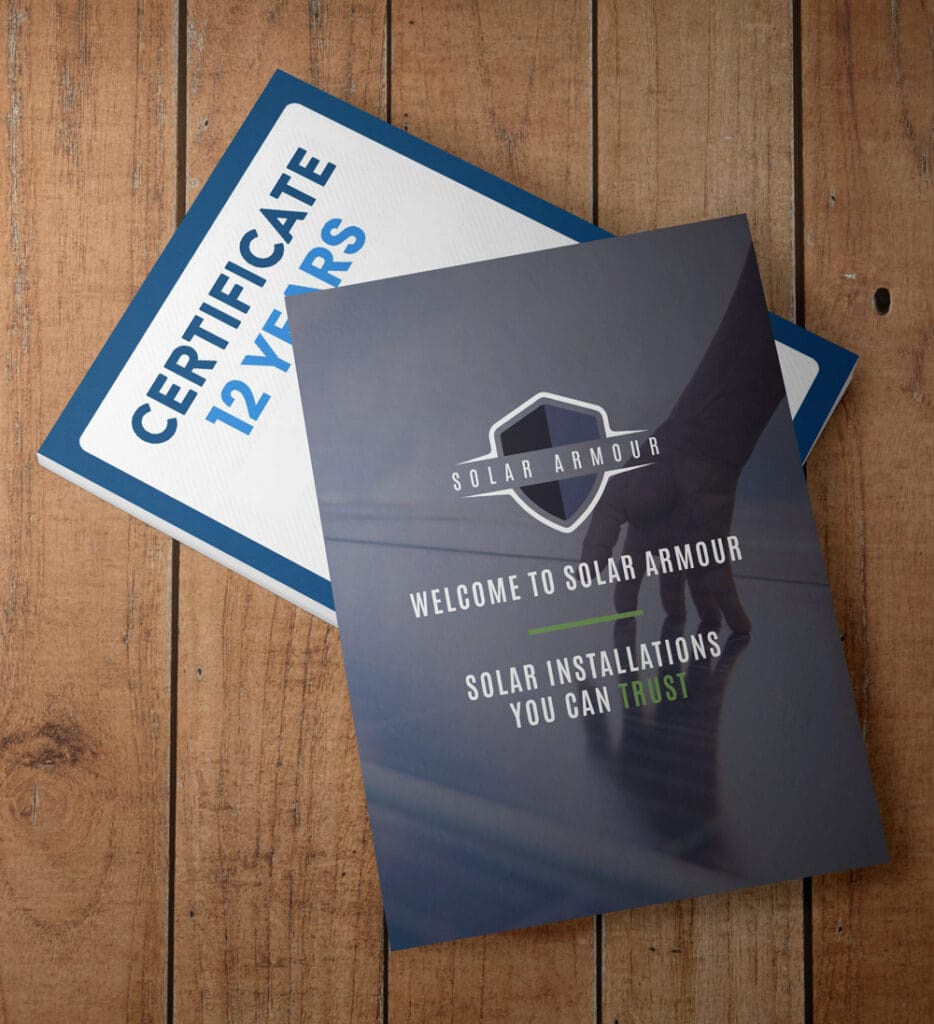

INSTALLATION TIMESCALES
Many homeowners worry solar installation will be messy or disruptive, but in reality, most residential systems are completed within 1–2 days.
This includes scaffolding setup, panel mounting, electrical works, and commissioning the inverter and battery (if included).
The process is highly streamlined. Installers arrive with scaffolding already prepared, fit the panels in neat rows, and complete all wiring with minimal disruption. Once finished, they will provide handover documents, including MCS certification and confirmation from your local Distribution Network Operator (DNO).
Good installers also tidy as they go, ensuring your property is left in the same condition it was found. At the end of the process, you’ll be shown how to monitor your system, understand your savings, and make the most of your investment.
Typical installation process:
- Scaffolding erected safely around your property
- Roof panels mounted and secured
- Inverter and battery installed and connected
- Final checks, certification, and handover
WHY HOMEOWNERS TRUST SOLAR ARMOUR
At Solar Armour, we believe going solar should be simple, affordable, and stress-free.
Our Essex-based team provides:
- MCS-certified installation with SEG access
- 25-year panel warranties and trusted battery brands
- Transparent quotes with no hidden costs
- Local engineers and full aftercare support
That’s why homeowners across Essex and beyond choose Solar Armour to install panels and batteries designed specifically for their homes.

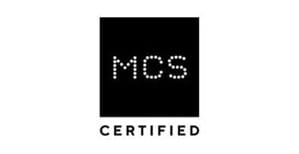
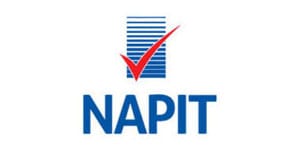

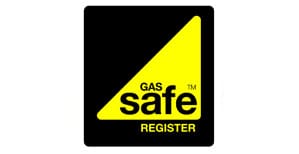
NO PRESSURE, NO OBLIGATION, JUST CLEAR ADVICE FROM YOUR LOCAL SOLAR EXPERTS.
